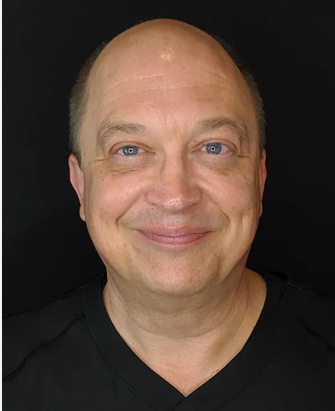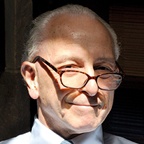In the ever-evolving landscape of healthcare, regenerative medicine has emerged as a transformative force that spans across various medical specialties. Unlike traditional approaches that merely manage symptoms, regenerative medicine focuses on harnessing the body’s natural healing abilities to address the root causes of diseases and conditions. This innovative field is revolutionizing healthcare, offering new hope to patients across multiple specialties by Dr Michael Poss Warrenton Virginia.
The Essence of Regenerative Medicine:
At its core, regenerative medicine revolves around the concept of harnessing the body’s regenerative potential to repair and replace damaged tissues, restore function, and improve the overall quality of life. It employs cutting-edge techniques that go beyond conventional treatments, including stem cell therapy, platelet-rich plasma (PRP) therapy, and growth factor treatments.
Cardiology:
In the field of cardiology, regenerative medicine is making significant strides. Stem cell therapy is being explored as a potential treatment for heart conditions, such as myocardial infarction and heart failure. By introducing stem cells into damaged cardiac tissue, regenerative medicine aims to regenerate heart muscle and improve cardiac function.
Orthopedics:
Dr. Michael Poss Regenerative medicine has become a game-changer in orthopedics. Patients suffering from joint pain, osteoarthritis, and sports injuries can benefit from treatments like PRP therapy and stem cell therapy. These procedures promote tissue repair and regeneration, reducing inflammation and pain, and often eliminating the need for invasive surgeries.
Dermatology:
Regenerative aesthetics is a branch of regenerative medicine that focuses on dermatology. Procedures like PRP facials and growth factor treatments are used to rejuvenate the skin, reduce signs of aging, and address various skin conditions. These treatments offer natural-looking results and minimal downtime.
Neurology:
In neurology, regenerative medicine holds promise for conditions like Parkinson’s disease and spinal cord injuries. Stem cell therapy is being investigated as a potential means to repair damaged neural tissue and restore neurological function.
Ophthalmology:
Regenerative medicine is even influencing the field of ophthalmology. Stem cell therapy is being explored for the treatment of corneal disorders and retinal degeneration. These treatments aim to improve vision and prevent vision loss.
The Advantages of Regenerative Medicine:
The integration of regenerative medicine across specialties offers several notable advantages:
1. Targeting the Root Cause: Regenerative medicine focuses on addressing the underlying causes of diseases and conditions, offering the potential for long-term relief.
2. Minimally Invasive: Many regenerative procedures are minimally invasive, reducing the risks and downtime associated with traditional surgeries.
3. Personalized Care: Regenerative treatments can be customized to meet the unique needs of each patient, enhancing the effectiveness of treatment plans.
4. Natural Healing: Regenerative medicine harnesses the body’s natural healing processes, making it a safe and sustainable approach.
A Brighter Future:
Regenerative medicine is reshaping the future of healthcare by offering hope and novel solutions to patients across a wide range of medical specialties. Dr. Michael Poss As ongoing research and clinical trials continue to expand our understanding of regenerative treatments, the possibilities seem endless. By embracing the transformative power of regenerative medicine, patients and healthcare providers are opening doors to a new era of healthcare where diseases are not merely managed, but where true healing and restoration are possible. This transformative impact is redefining the way we approach healthcare, offering a brighter future for patients seeking lasting solutions to their medical conditions.



